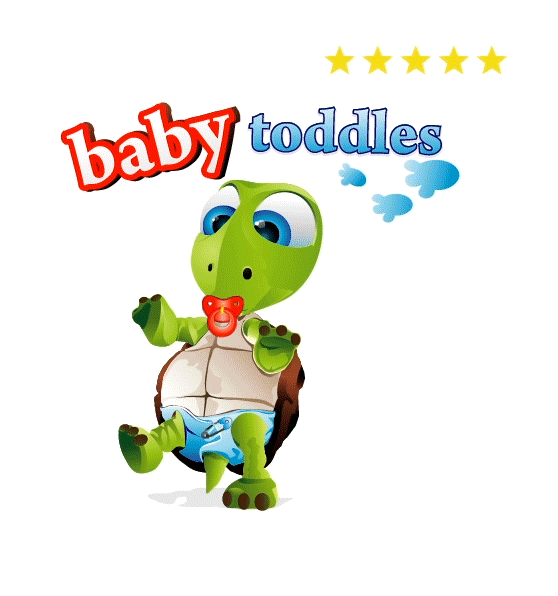Blog
Why Breast Milk Is Best For Your Baby
Human breast milk is the best food for full-term babies. Formula milk is only a substitute or supplement to breast milk when the need arises.
A lot of commercial formulas are cow-milk based that are already modified to approximate breast milk, while other milks are fortified to provide optimum supplementation of vitamins and nutrients to the infant.
Right here is a table showing a great comparison between human milk and cow milk.
| Constituent | Human Milk | Cow Milk |
| Calories | 20 cal/oz | 20 cal/oz |
| Carbohydrates | 7% lactose | 4.5% lactose |
| Protein | 1.5% (*whey/casein 78:25) | 3.3% (whey/casein 22:78) |
| Fats | 3.5% (maternal diet dependent) | 3-4% (pooled) |
| Vitamins | Low in Vit K (diet dependent) | Low in Vit C, D |
| Minerals | Better absorption of iron | **Low in iron & copper |
| Bacterial content | Uncontaminated | Harmless bacteria |
| Digestability | Easily digested | Same after 45 days |
* whey is the liquid component of milk separating from the curd
casein is the protein acquired from milk by the action of acids or rennin
** Most formula milk are already iron fortified.
The following are the benefits of breast milk feeding.
1) Breastmilk is premixed at the appropriate temperature and concentration and
is obtainable whenever
2) Breastmilk has immunologic components like IgA, lactoglobulin and maternal
macrophages.
Babies begin generating their own antibodies as early as of 6 months of age.
Before that age, their immune system is low, making them defenseless
against infections. Therefore, they very easily get sick. Even so, if the infant is
breastfed, antibodies from the mother are passively transferred to the child,
which substantially boosts the infant’s immune system, warding him off
against infections. This is one of the positive aspects of breast milk that helps make
it unmatched and superior compared to formula milk.
3) Breastmilk decreases the incidence of allergic illnesses
4) Breastfeeding also encourages mother-infant bonding
5) A maternal advantage of breastfeeding is that it helps the mother get back quickly to her pre-pregnancy weight with quicker uterine regression.
6) Supplementation of other vitamins and nutrients is not often necessary in breast-fed infants
7) Breastfeeding is economical.
Due to medical research, many much more vital vitamins and nutrients which can maximize the infant’s growth potentials are discovered. One instance is the fortification of infant formulas with docosahexaenoic acid (DHA), the key fatty acid in the brain, that has been identified to be necessary for brain growth and better vision. Thus, it is not surprising to see a continuous flow of new infant formulas coming out in the market that are highly fortified with new components, backed by scientific studies. But even so, human breast milk remains the greatest for babies.
To receive more parenting tips in your inbox, please visit http://www.gagazine.com and subscribe to our newsletter.

